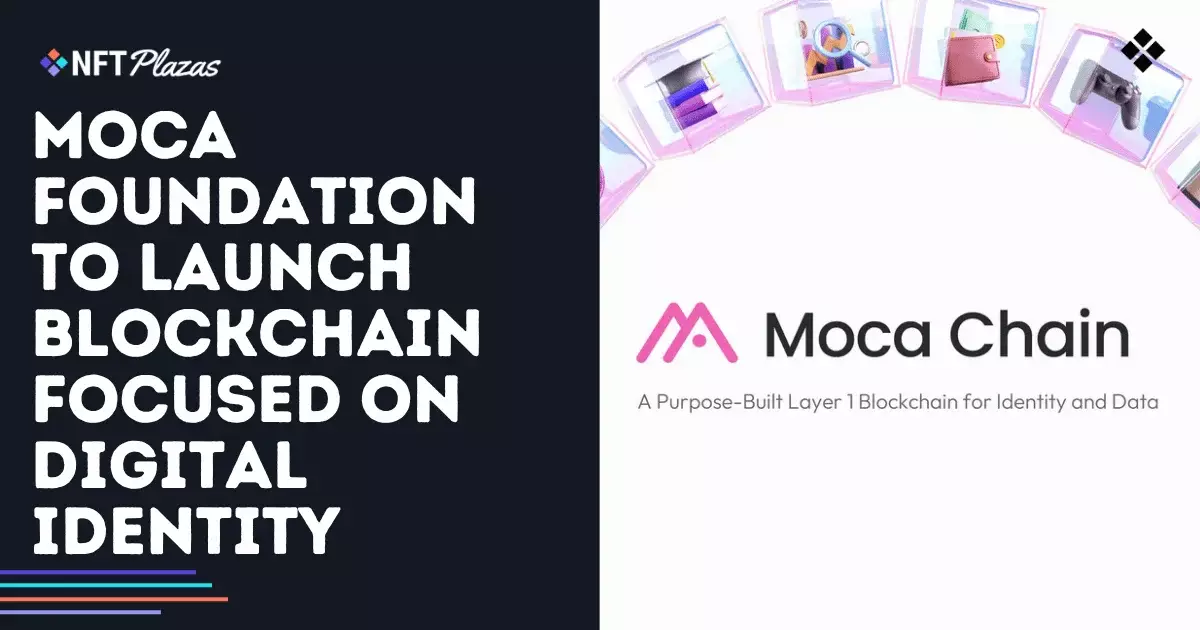When Nitro Nation: World Tour (NNWT) burst onto the mobile gaming market in late 2023, it promised a revolution—a seamless blend of high-octane drag racing and blockchain-based digital ownership. Its collaboration between Creative Mobile and Mythical Games was heralded as a forward-looking approach, daring to fuse traditional gameplay with the emerging blockchain ecosystem. Yet, beneath the glossy veneer lies a game that struggles with core issues that threaten its long-term viability. The initial thrill of racing an authentic McLaren or Aston Martin soon gives way to questions about monetization mechanics, gameplay depth, and the true benefits of blockchain integration.
NNWT’s core experience is undeniably accessible. It offers quick, straightforward races driven by perfect timing rather than complex steering, appealing to casual players craving fast action. Its visual fidelity is commendable, capturing the sleek designs of licensed cars and delivering a sense of speed that is hard to match on mobile. But this simplicity masks a deeper, more troubling reality: a game that can easily devolve into a grind, where progression relies heavily on microtransactions and upgrade tactics that prioritize real-money spending over genuine skill development.
The ambitious integration of NFTs and blockchain is both a gimmick and a gamble. On the surface, NNWT’s approach appears player-friendly: ownership of virtual cars and assets without any obligation to touch cryptocurrency. However, the reality is more complex. NFT vehicles, often selling for sums exceeding their real-world counterparts, create an economic disparity that is hard to ignore. This system risks alienating players who don’t want to or can’t afford to invest in digital assets, ultimately fostering a class of “pay-to-win” dynamics where the best upgrades are locked behind paywalls. Despite Mythical’s claims of inclusivity, the game’s economy appears to reward those with deeper pockets more than skill or effort.
Moreover, online multiplayer suffers from the technical imperfections that plague many live-service titles. Lag, long matchmaking times, and server instability diminish the competitive experience—crucial elements for a racing game that thrives on real-time skill and social interaction. This undermines player confidence and discourages sustained engagement, especially among avid racers who demand responsive gameplay.
The Mirage of Customization and the Promise of Depth
One of NNWT’s touted features is its detailed customization system, allowing players to tune their vehicles for maximum performance. From cosmetic paint jobs to functional upgrades like acceleration, grip, and nitrous boosts, the emphasis on personalization is palpable. Yet, the process often feels artificially arduous, pushing players toward inevitable spending rather than rewarding strategic planning. The microtransaction-driven upgrade system incentivizes continuous spending to stay competitive, turning what could be a rewarding skill-based activity into a financial treadmill.
Furthermore, the progression system, which starts with basic D-class cars and aims toward top-tier S-class models, can become frustratingly slow. Progression often hinges on unlocking and upgrading vehicles—processes that are designed to encourage repeated spending or grinding. This approach risks turning what should be a fun racing experience into a tedious chore, where patience and wallet size determine success more than actual racing talent.
Despite the game’s frequent content updates and seasonal themes, the depth of gameplay remains superficial. The race modes—campaigns, PvP duels, ghost races, and tournaments—are enjoyable on the surface but lack the strategic diversity that true racing enthusiasts crave. The focus remains on timing and gear shifts, a formula that, while effective for quick sessions, offers little room for improvisation or mastery. Moreover, the absence of steering mechanics simplifies gameplay to almost a button-mashing experience, relegating skill to pre-race preparations rather than real-time decision-making.
Questioning the Long-Term Sustainability of Blockchain Inclusion
The most contentious aspect of NNWT is its integration with blockchain technology. Mythical’s mythos ecosystem offers digital ownership perks—cars, workshops, and upgrades—that seem innovative. However, the underlying premise is fraught with concerns. For some players, NFTs are just a gimmick, a flashy way to recreate real-world ownership in a digital realm that, frankly, offers no meaningful utility beyond bragging rights and superficial collection.
For others, especially skeptics of blockchain’s environmental and economic implications, the NFT aspect represents a troubling trend—a commodification of gaming detracting from core gameplay. The market for digital cars and assets can become speculative, with prices fluctuating wildly and often exceeding their real-world equivalents. This commodification risks turning NNWT into a digital investment platform rather than a pure racing game, potentially alienating non-investors or casual players uncomfortable with blockchain’s complexities.
Furthermore, Mythical’s strategy of offering blockchain features as optional rather than mandatory is both a virtue and a flaw. While it ostensibly appeals to traditional gamers, it also serves to obfuscate the core issue: the game’s profitability heavily depends on its NFT economy. As the market for digital assets becomes more volatile and regulatory scrutiny in the blockchain sector increases, the sustainability of such a monetization model remains highly questionable.
Is NNWT a Camel That Will Actually Run? Or Just a Mirage?
Despite the criticisms, it’s undeniable that NNWT displays potential—particularly in its social and multiplayer components. Clubs, leaderboards, and real-time duels foster community engagement, which is vital for a title aimed at longevity. The developers’ ongoing updates, refinement of mechanics, and plans for future content seem to suggest an earnest attempt at building a resilient platform rather than a fleeting cash grab.
However, reliance on continuous microtransactions and speculative NFTs could be its Achilles’ heel. As gaming audiences become more attuned to adult-driven economics and as regulatory landscapes tighten around blockchain projects, NNWT’s profits—and by extension, its relevance—may dwindle. The game’s future hinges on whether it can evolve beyond superficial content and provide genuine depth and fairness, rather than superficial thrills that ultimately favor wealthier players.
While the “World Tour” name hints at expansion into new locations and modes, the real challenge lies in balancing innovation with integrity. A game that merely adds more cars and modes without addressing core issues of progression, fairness, and player agency risks becoming a hollow spectacle—a fleeting digression in the mobile racing universe rather than a lasting masterpiece.

